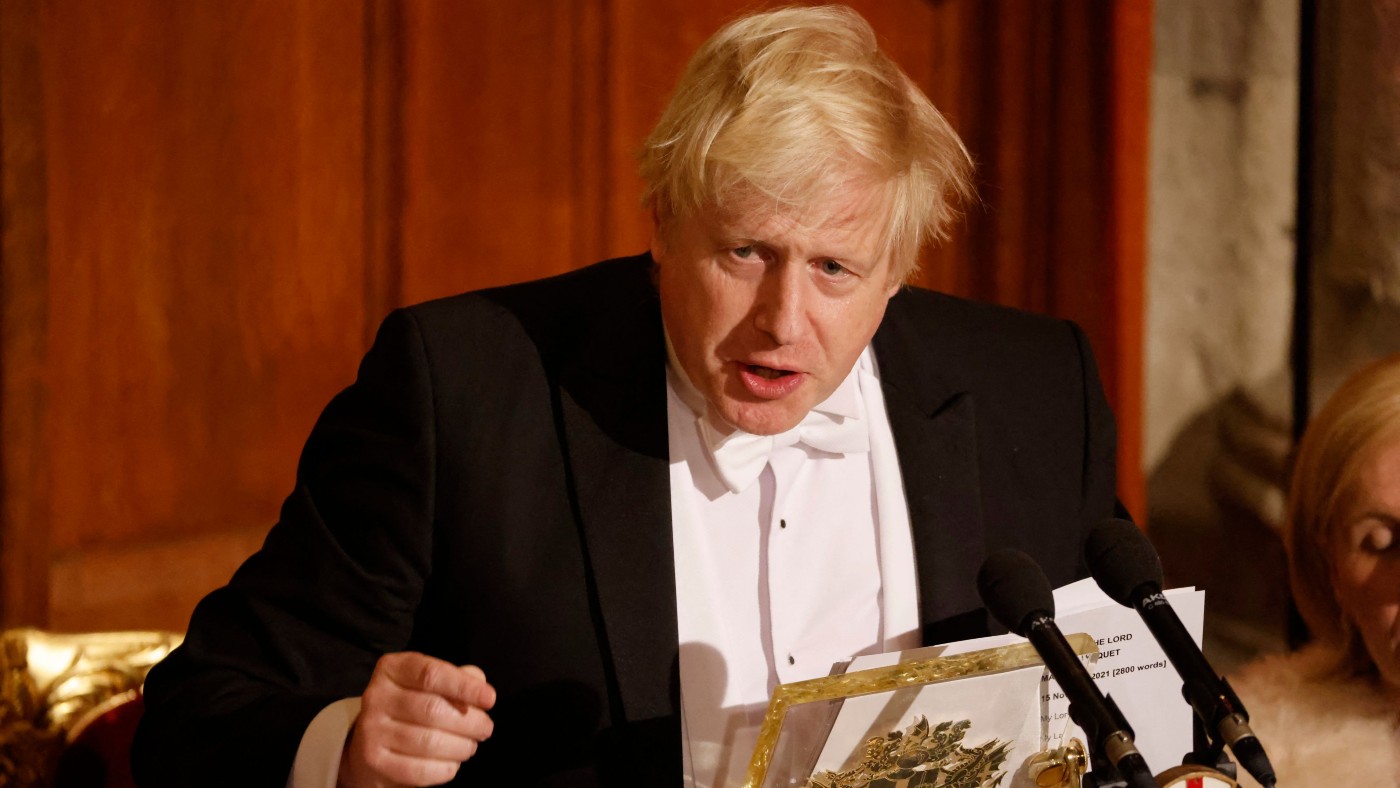Crunch-time for British trade
Is there any point promoting ‘Global Britain’ while the threat of an EU trade war lingers?

A free daily email with the biggest news stories of the day – and the best features from TheWeek.com
You are now subscribed
Your newsletter sign-up was successful
“Nothing says that we’re in the run-up to Christmas more than Brexit negotiations,” observed economists at the Dutch bank ING wryly in a recent note. This year seems to be no exception. Indeed, after a month of fruitless talks between Britain and the EU, many in the City might well think it prudent “to dust off their ‘no-deal’ Brexit analyses and examine which parts might yet apply”, said Nils Pratley in The Guardian. Matters appeared to reach a head last week when the UK negotiator, Lord Frost, threatened to trigger Article 16 of the Northern Ireland Protocol, thereby ending the trade deal covering the region. That prompted “retaliatory” threats from the EU – raising the spectre of a full-scale trade war. Both sides have since rowed back, said Hans Von Der Burchard on Politico. Seemingly more upbeat about the chances of rapprochement, the EU negotiator, Maros Šefcovic, said the Commission would hold fire as talks continued this week. But the situation remains tense.
The EU row has taken the shine off the Government’s latest plan to boost overseas trade. The 12-point “Made in the UK, Sold to The World” scheme aims to boost exports in goods and services from £600bn last year to £1trn by helping UK companies to “unleash their full exporting potential”, said BBC Business. But the elephant in the room, the Institute of Directors observed, is Brexit. The EU, after all, remains the UK’s largest export market. Boris Johnson outlined his vision of “Global Britain” in a speech at the Mansion House this week. And it was “a meaningless bit of boosterism”, said The Independent. The PM, to his credit, “recognises the need to build alliances”. But, as a consequence of Britain’s “increasingly poor international reputation”, key partnerships are actually “growing weaker, not stronger”.
If this Government really wants to push “Global Britain”, we will need more than “flag-waving and marketing guff”, said Matthew Lynn in The Daily Telegraph. “The trouble is we have been round this track before. David Cameron’s government had a target of hitting £1trn in exports, which was quietly forgotten when it became painfully clear there was absolutely no chance of it being met.” This latest plan doesn’t look much better. If we want to sell more to the rest of the world, we need policies “with the substance to actually make it happen”. I’d major on four: signing trade deals; targeting key industries with tax-free zones; getting our diplomats to open up markets; and turning the UK into a free trade hub for data, the world’s fastest growing traded good. All easier said than done, of course, but “a lot better than yet another slogan”.
The Week
Escape your echo chamber. Get the facts behind the news, plus analysis from multiple perspectives.

Sign up for The Week's Free Newsletters
From our morning news briefing to a weekly Good News Newsletter, get the best of The Week delivered directly to your inbox.
From our morning news briefing to a weekly Good News Newsletter, get the best of The Week delivered directly to your inbox.
A free daily email with the biggest news stories of the day – and the best features from TheWeek.com